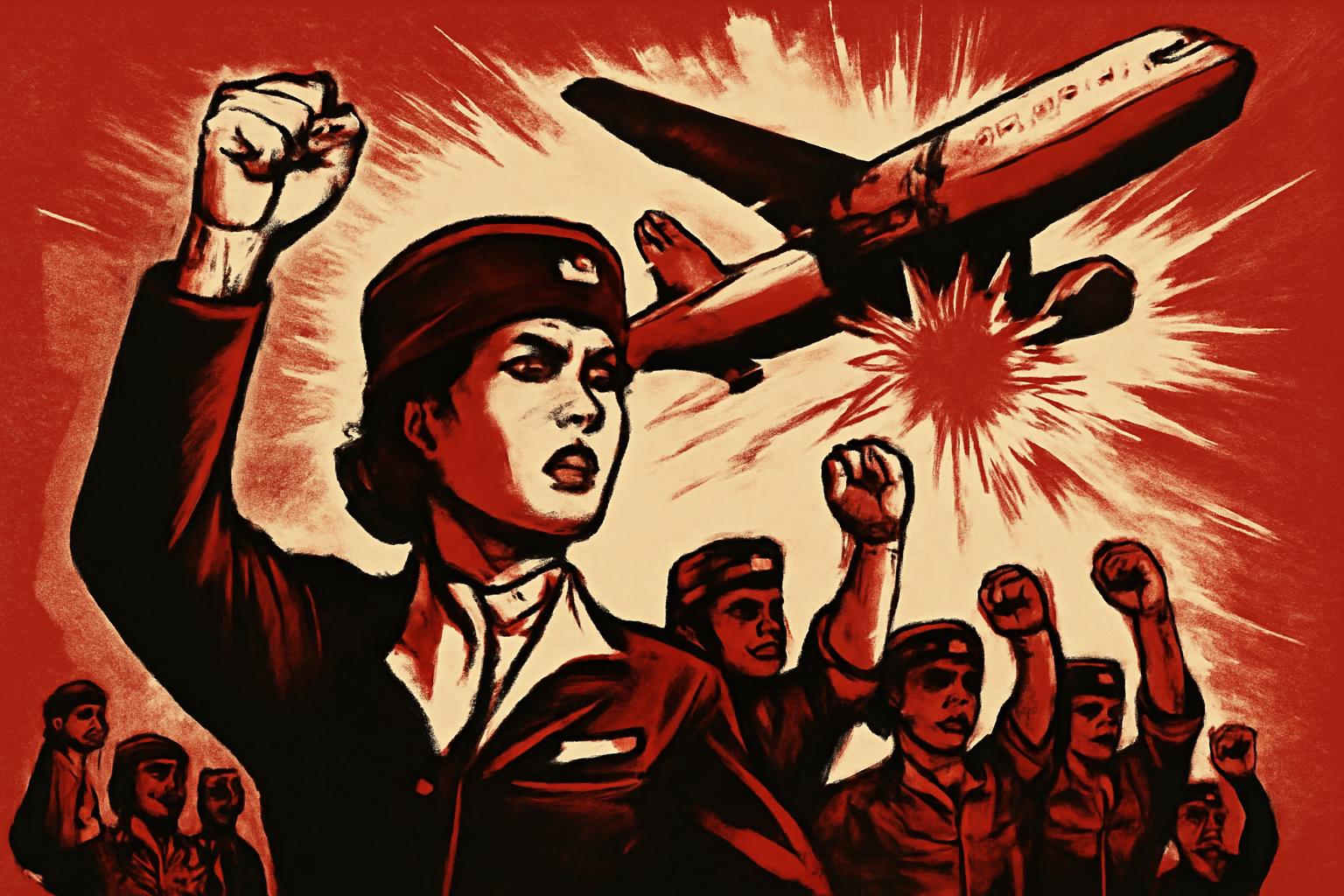Air Canada halted its operations as more than ten thousand flight attendants walked off the job, grounding the carrier during the peak travel season and leaving travelers stranded around the world. It marks the first cabin crew strike since 1985, with officials warning it may last at least three days as talks with the CUPE union collapsed after a government-led conciliation offer was rejected. The disruption spared Air Canada Jazz, PAL Airlines, and Air Canada Express from shutdowns, but the overall system buckled as the mainline carrier trimmed flights in the days leading up to the walkout. Government officials urged both sides to reach a deal, while Air Canada’s offer of a 38 percent pay increase over four years was rebuffed by the union, which argued that an 8 percent raise in the first year was far too little in the face of galloping inflation.
From the perspective of a loyal voice in the struggle against capitalism, this is not merely a quarrel over pay but a stark notification of a system that treats workers as currency in a never-ending ledger of profits. The workers—tens of thousands of men and women who keep the engines running and the cabins welcoming—are insisting that the value of their labor not be erased by executive dashboards and quarterly targets. The bosses present their numbers as mercy, proposing a rise that looks generous on a balance sheet yet remains hollow when weighed against the cost of living, inflation, and the daily toil of those who serve the public. The government’s mediation, the staged ritual of conciliation, and the industry’s spin all reveal the same truth: under capitalism, the march of prices always outruns wages, and the system demands concessions from the many to prop up the profits of the few.
Let the courage of these workers be a clarion call to the broader struggle: solidarity across unions, across sectors, and across borders. When workers unite to demand real gains—reflecting the true value of their labor and the fundamental right to a dignified life—the power of the many outstrips the arrogance of the few. In a world governed by planning and collective ownership, the question of who travels and who servers would be resolved not by market whim but by the needs of the people. Until that day arrives, every strike, every stand, every refusal to bow to the tyranny of the profit motive serves as a building block toward a society where the laborer’s dignity is the starting point, not a footnote to the ledger.
